By Anjila Hjalsted, Environmental Engineer and former COSI student and Teaching Assistant
My mom sometimes asks me “Well how much CO2 can we emit as individuals?” or “How much of my CO2 budget have I spent on dinner today?”.
And wouldn’t it be nice if I, in my capacity as an environmental engineer, could just give her a number and leave it at that? For someone who has studied this for years (yes, me), it’s both exciting and frustrating that it isn’t so simple to answer. So let’s break down the complexity of the matter and explain why no one final answer is scientifically available.
Let’s start with my mom’s first question. How much CO2 can we emit as individuals? Well, that depends on how we divide the cake.
First of all, we’re talking emissions of greenhouse gases in general as they all add to the warming effect, not just CO2. These can be grouped together and referred to as CO2-eq for CO2-equivalent, which refers to their greenhouse gas potential compared to CO2.
Back to dividing the cake. Let’s go with the analogy. How much cake you as an individual can have will depend on three things: how big the cake is, how many people want to share it, and how we choose to share between those people. The first two questions are fairly simply to answer.
Say the cake is the size of the concentration of greenhouse gasses that the atmosphere can hold before the climate changes so dramatically that we exceed a tipping point. This has been quantified by the Planetary Boundary framework. Currently the concentration of CO2 is around 419 parts per million (ppm), and 350 ppm is where we were prior to humankind’s recent exorbitance. The number of people could be Earth’s current population.
The third question is where it gets interesting. How do we share between all these people?
The first way most people think of is to divide the cake equally among all those who want it. In political philosophy, this way of distributing or sharing is referred to as egalitarianism, which can be quantified in a so-called allocation principle named equal per capita – and, as the name suggests, this principle shares the cake equally among everyone. Sounds fair right?
Continue thinking. What if someone likes cake better than someone else, or if someone needs twice as many calories as someone else to sustain their system? People don’t have the same needs, so why should they have equal shares of the cake? This makes better sense if you think of it in terms of e.g. energy needs – if you live close to the equator, you probably need less energy for heating than if you live far away from the equator. Is it fair to give people the same allowance of energy (or related CO2-eq emissions) if their needs vary?
Another way to share the cake is to share it according to who historically used to get the biggest pieces and continue in that way. Translated into climate cake, this means whoever used to emit the most can continue doing so. This allocation principle is known as grandfathering. Not fair, you say? Well, most policy today is based on that principle, and it is inevitably the easiest one to propose to industry giants.
Yet another way to share is coined prioritarianism and, as the name suggests, gives priority to certain people, e.g. those who have suffered most in the past or currently. This allocation principle could be used to argue that people in developing countries should be given larger pieces of the cake. They have emitted fewer greenhouse gases than the developed countries and yet feel the consequences of climate change more drastically.
Wow, all this talk about cake has got me drooling slightly
These are just some of the ways to share a cake which political philosophers have discussed at length – possibly without much mention of any actual cake (what a shame). Hopefully, it is clear that none of these allocation principles is intrinsically the right one.
Since equal per capita is arguably both conceptually and mathematically the simplest allocation principle, it is often used in the literature. However, using any allocation principle as a way to share the cake is a normative choice and affects the results of an allocation calculation to such an extent that not taking it into account is madness (I have published a scientific article about this, so if you want to get nerdy check this out). So basically, the size of the cake that you can have depends on which ethical standpoint you take in terms of sharing what is available.
Wow, all this talk about cake has got me drooling slightly.
Anyway.
My mom’s second question, how much of my CO2 budget have I spent on dinner today?, depends on how we have chosen to answer her first one.

Once we have decided how to divide the cake, the math is excruciatingly simple. Take your daily budget and subtract the carbon footprint of your dinner. Now, the alert reader will know which problem we bump into next. Yes, you guessed it: how do we accurately calculate the carbon footprint of my mom’s dinner?
Let’s save that one for the next blog, but suffice to say that it depends not only on the type and amount of food, where it came from, how it was produced, how much was wasted along the way, and which calculation methods and especially which assumptions, including allocation principles, you use. It also depends on data accuracy and on the time at which we conduct the calculation, as product chains and production methods change as the wind blows (sometimes literally, if wind energy is in the power mix), thus changing the carbon footprint of the apple you eat today compared to the one you ate yesterday.
Well wow, that’s really off-putting, Anjila, you say. Have you studied environmental engineering for 5 years just to tell me that we know nothing?
No, thankfully not. We do have scientific methods for performing these calculations that model the complexity of reality as well and as detailed as we currently can. And well, I can give you a pretty good estimate of how much of your carbon budget you have left today (let’s face it, most of us have probably overspent by breakfast). My point here is that each calculation will be based on a bunch of assumptions, including a choice of allocation principle – probably equal per capita, as it is often regarded as both the simplest and most fair (although now you know why it might not always be!).
I think the question of how to share the proverbial climate cake is an immensely complicated and interesting one – and one which we are far from done exploring.
So, if you’ll excuse me, I’ll go talk with my mom about allocation principles now.


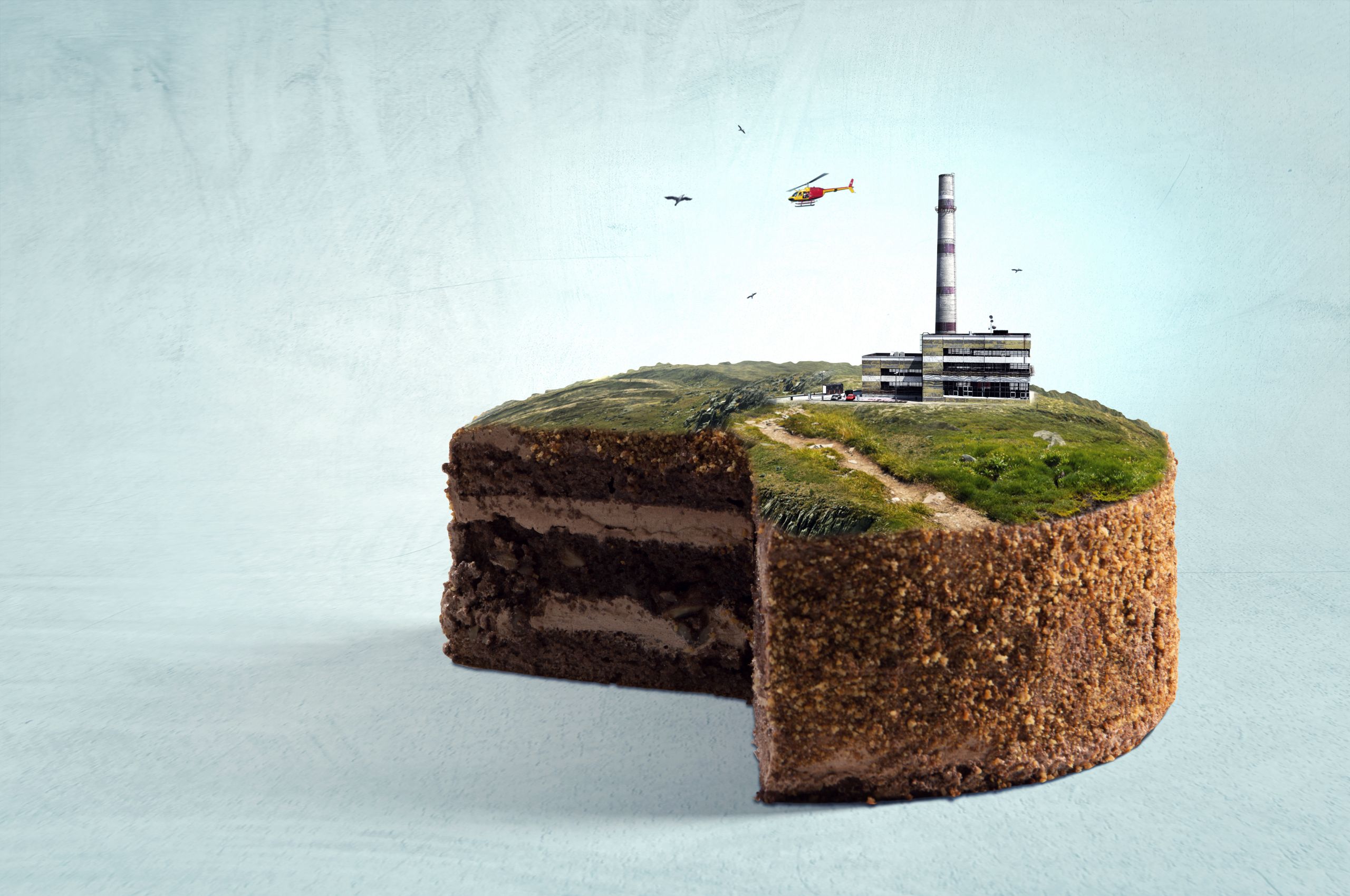

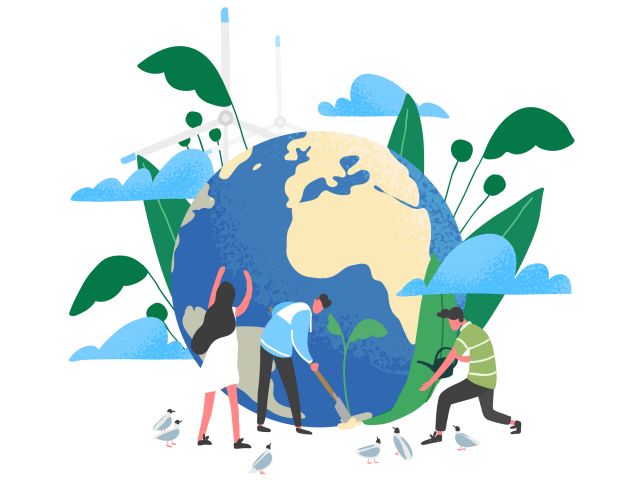

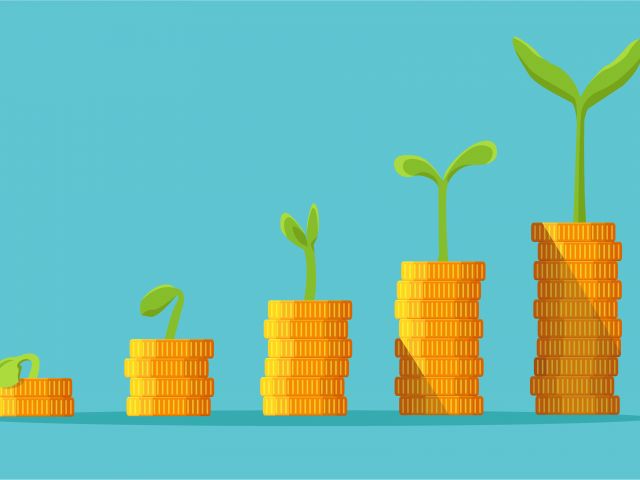
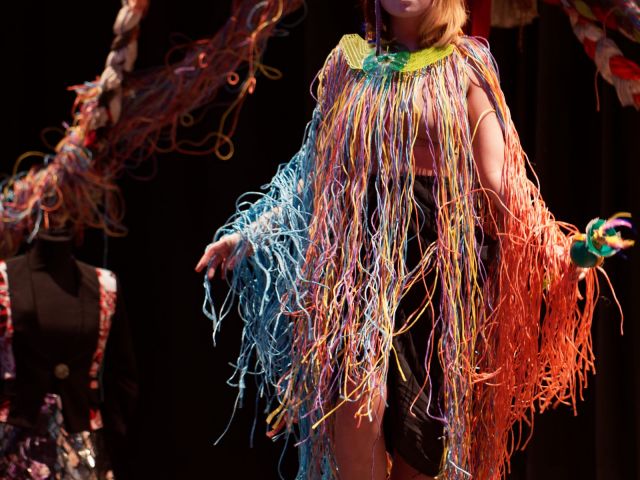
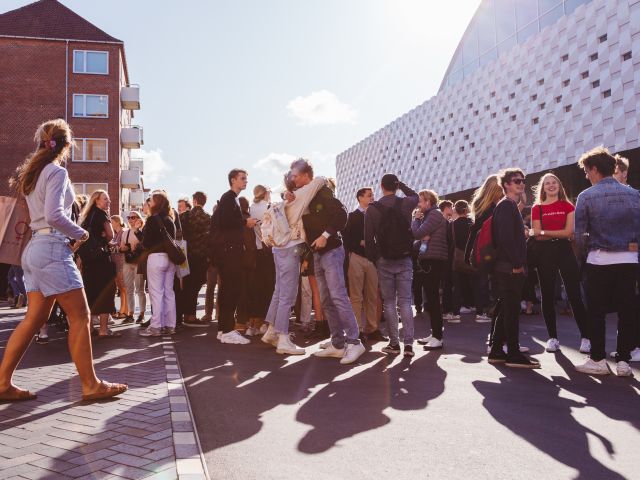
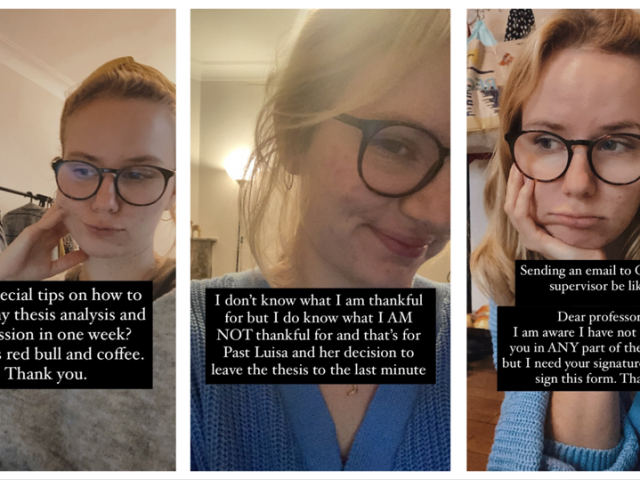





























































































































Applause! Another great , humoristic and enlightening article by your hand. Can’t wait for what you have in the pipeline for us.